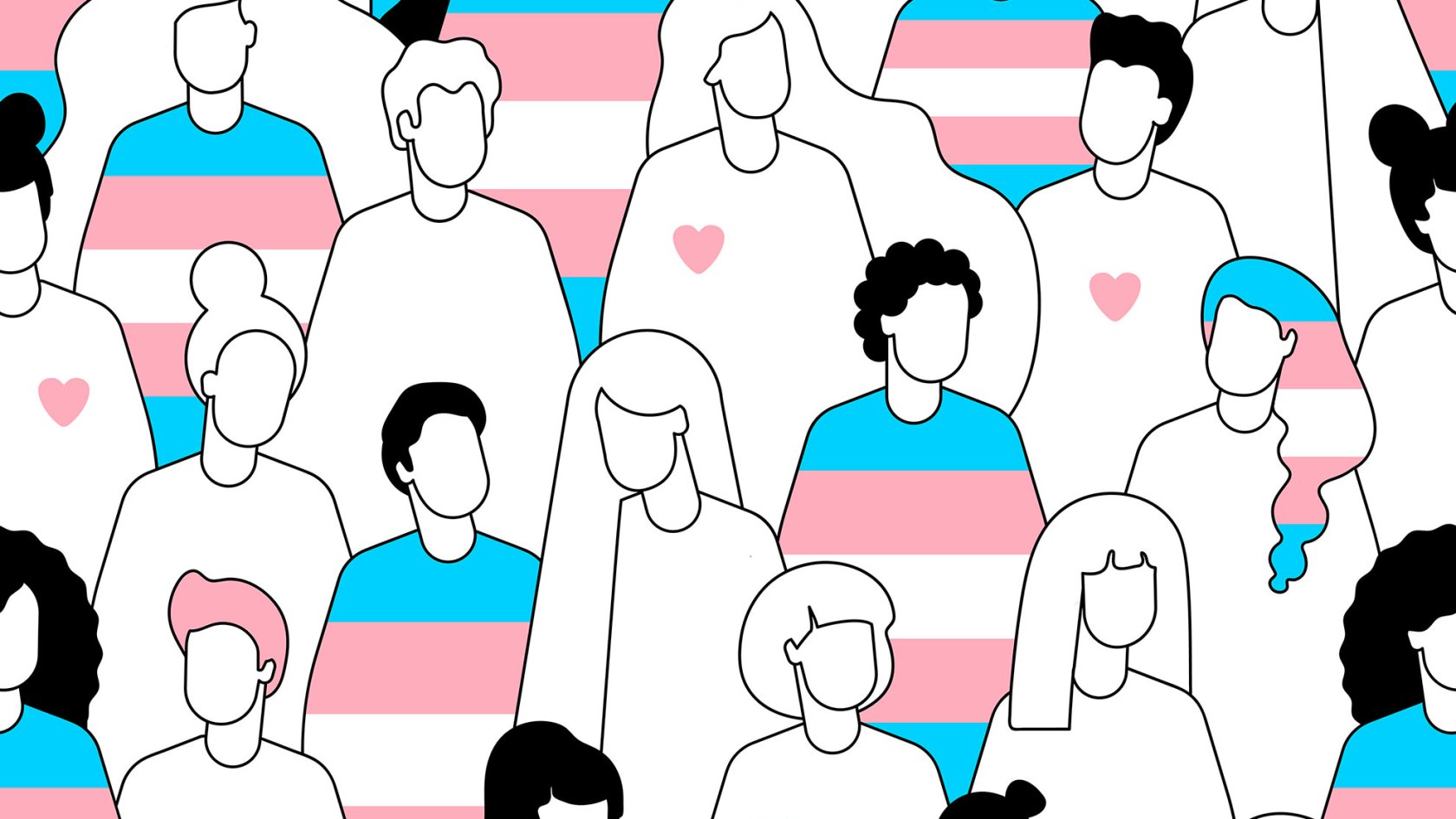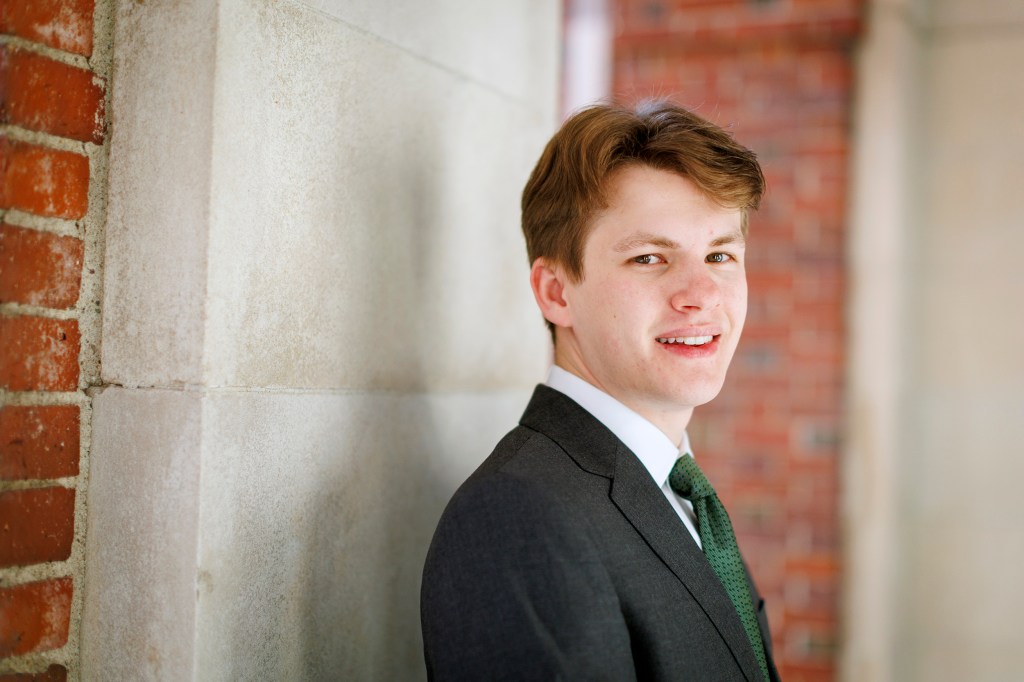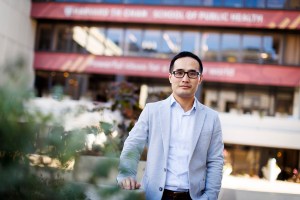
transgender crowd of people seamless pattern. International Transgender Day,31 March. Different people marching on the pride parade. Human rights.transgender person.transgender pride flag. transgender Pride month concept.Online Dating.
text with link.
This is a quiz.
Kindness Quiz (1)
Some text

Name Name
Quo modo autem philosophus loquitur? Tecum optime, deinde etiam cum mediocri amico. Invidiosum nomen est, infame, suspectum.

Name Name
Quo modo autem philosophus loquitur? Tecum optime, deinde etiam cum mediocri amico. Invidiosum nomen est, infame, suspectum.
- list item
- list item
- list item

Name Name
Quo modo autem philosophus loquitur? Tecum optime, deinde etiam cum mediocri amico. Invidiosum nomen est, infame, suspectum.
-
Mental health ills are rising. Do mood-tracking apps help?
Public health data specialist says they can raise patient awareness, but there are pitfalls.
-
How they remember ‘Tree’
Those who knew civil rights scholar, legendary public defender, and voice for equality recall his kindness, generosity, and homemade sweet-potato pie.
-
Lessons for today’s Cold War 2.0 with Russia, China
Intelligence expert says both seek to topple U.S. from atop world stage, with Beijing’s blend of money, influence, all-hands-on-deck approach posing bigger threat.
-
Strong, silent, and suffering inside
Mental health experts, Indianapolis Colts owner discuss efforts to end the stigma around asking for help.
-
Extending lives of old mice by connecting vessels to young ones
Connecting circulatory systems allowed animals in study to live 6-9 percent longer, lowered their biological age.
-
Did Trump really believe he had won?
Criminal law specialist Ronald Sullivan Jr. looks at latest indictment, examines legal challenges, surprises, political fallout — and whether trial will conclude before election
-
After capturing image of black hole, what’s next?
New Center for Astrophysics mission aims for closer look at photon rings and insight into nature of space and time.
-
Turns out lowly thymus may be saving your life
Study suggests organ plays vital role in immune health, particularly cancer prevention
-
New U.S. fast-track immigration program found neither fast nor fair
Law School analysis of Dedicated Docket in Boston sees biggest problem as lack of legal representation.
-
So what exactly makes Taylor Swift so great?
Experts weigh in on pop superstar’s cultural and financial impact as her tours and albums continue to break records.
-
Taking second look at Sinead O’Connor
The singer’s destruction of a photo of the pope on live TV in protest over suspicions of clergy abuse damaged her career but eventually proved prophetic.
-
Climate change, global hunger: What to do?
Black holes, warming seas, new treatments for disease. Understanding the context — not to mention the technical jargon — can be a challenge.
-
Hopi Hoekstra takes office
The life sciences scholar begins her tenure as Edgerley Dean of the Faculty of Arts and Sciences.
-
Making the immense graspable
A talk with Andrew Pontzen, author of “The Universe in a Box: Simulations and the Quest to Code the Cosmos.”
-
In the doghouse — at the White House
Reports surface of aggressive behavior but canine expert says there may be understandable reasons.
-
How do humanities prepare students for the real world? Here are four examples.
From planning a film festival to researching arts-based sex education, students find “real-world” applications for their chosen passions.
-
Everyone calls it a classic. But who’s everyone, and why am I so bored?
Scholarly wisdom for readers beating their heads against a great work of literature: Stop doing that
-
So why does my dog get Lyme disease vaccine, and I don’t?
Science can protect your dog, but not you. Expert explains why ’90s vaccine for humans disappeared and details efforts to develop a new one.
-
World Cup dreams come true for Harvard’s Hasbo
The Danish midfielder’s quest started in second grade. It was fueled by grit, speed, agility — and a lot of time on the bus.
-
The economy keeps getting better. Our moods? Not so much.
By nearly every metric, the U.S. economy is not only recovering, it’s thriving. So why don’t consumers feel that way?
-
Closer look at ‘father of atomic bomb’
Historian Steven Shapin unwinds the complexities of J. Robert Oppenheimer as a scientist and a legend
-
‘Funny … frivolous … serious’
Music and comedy meet queer and Jewish radicalism in Morgan Bassichis exhibit at the Carpenter Center.
-
COVID-19 came from animals. Why aren’t we working to prevent new scourge?
A new study suggests we are as vulnerable as ever to the emergence of another virus as deadly, or even more so, than COVID-19.
-
Turns out IRS audits of wealthy offer terrific return on investment for taxpayers
New research shows that audits, particularly of higher-income taxpayers, raise significantly more money than they cost.
-
Remember opioid crisis? It’s gotten worse.
Researchers say a series of interventions appear to help with overdose deaths, but warn that they must be scaled pretty high.
-
Too busy for daily exercise? Study finds same benefits for ‘weekend warriors.’
Study finds similar health benefits for those who concentrate workouts 1-2 days a week.
-
Can you be close without sex?
Healthy intimate relationships vary but share one key feature, says psychologist
-
Takeaway from summit: NATO is back
Former U.S. envoy to alliance notes addition of Finland, with Sweden close behind, Ukraine on expedited path, renewed unity in face of Russian aggression.





